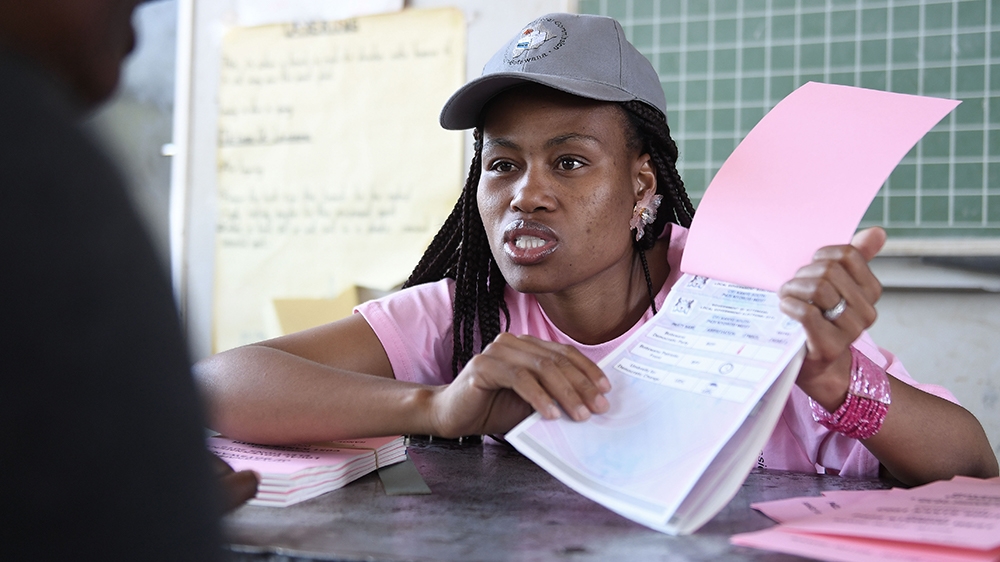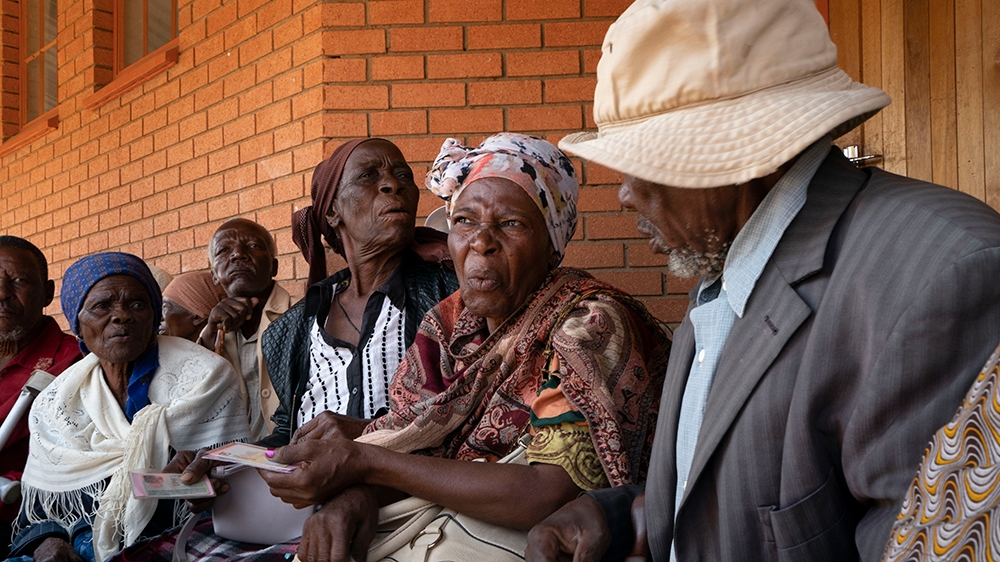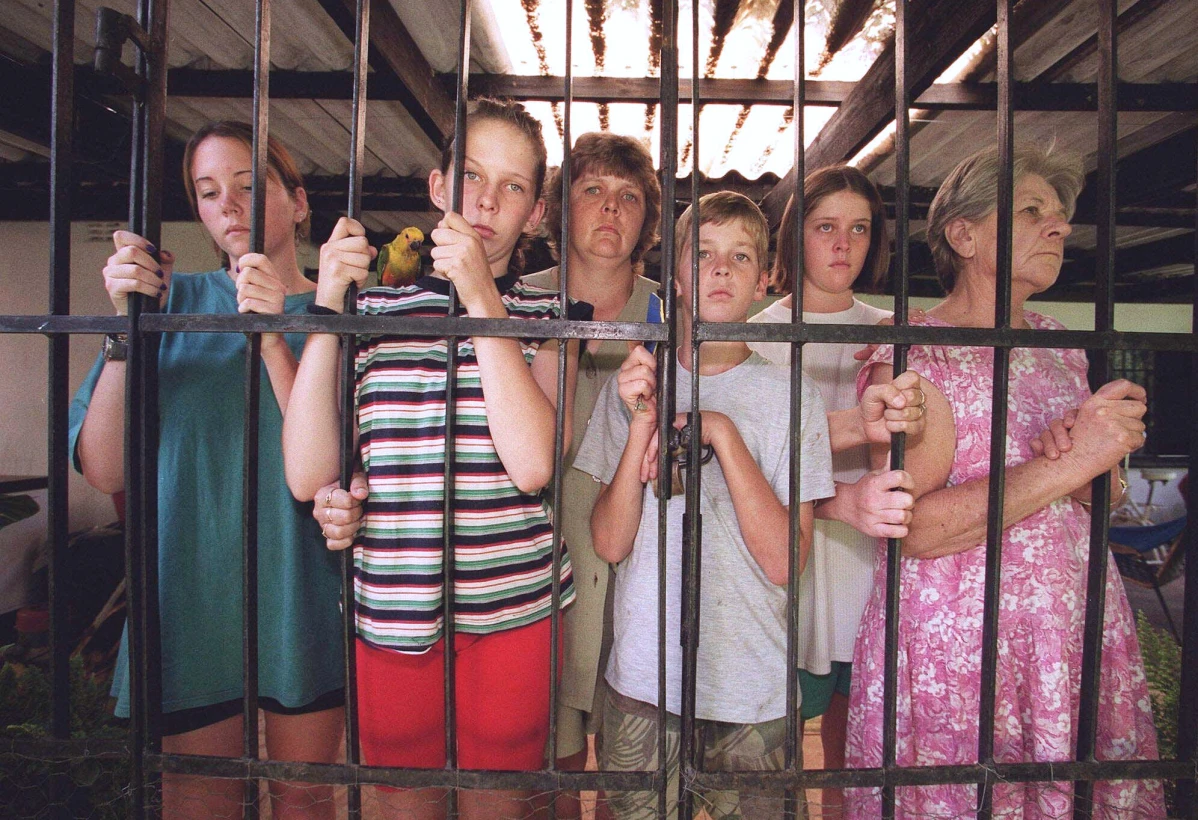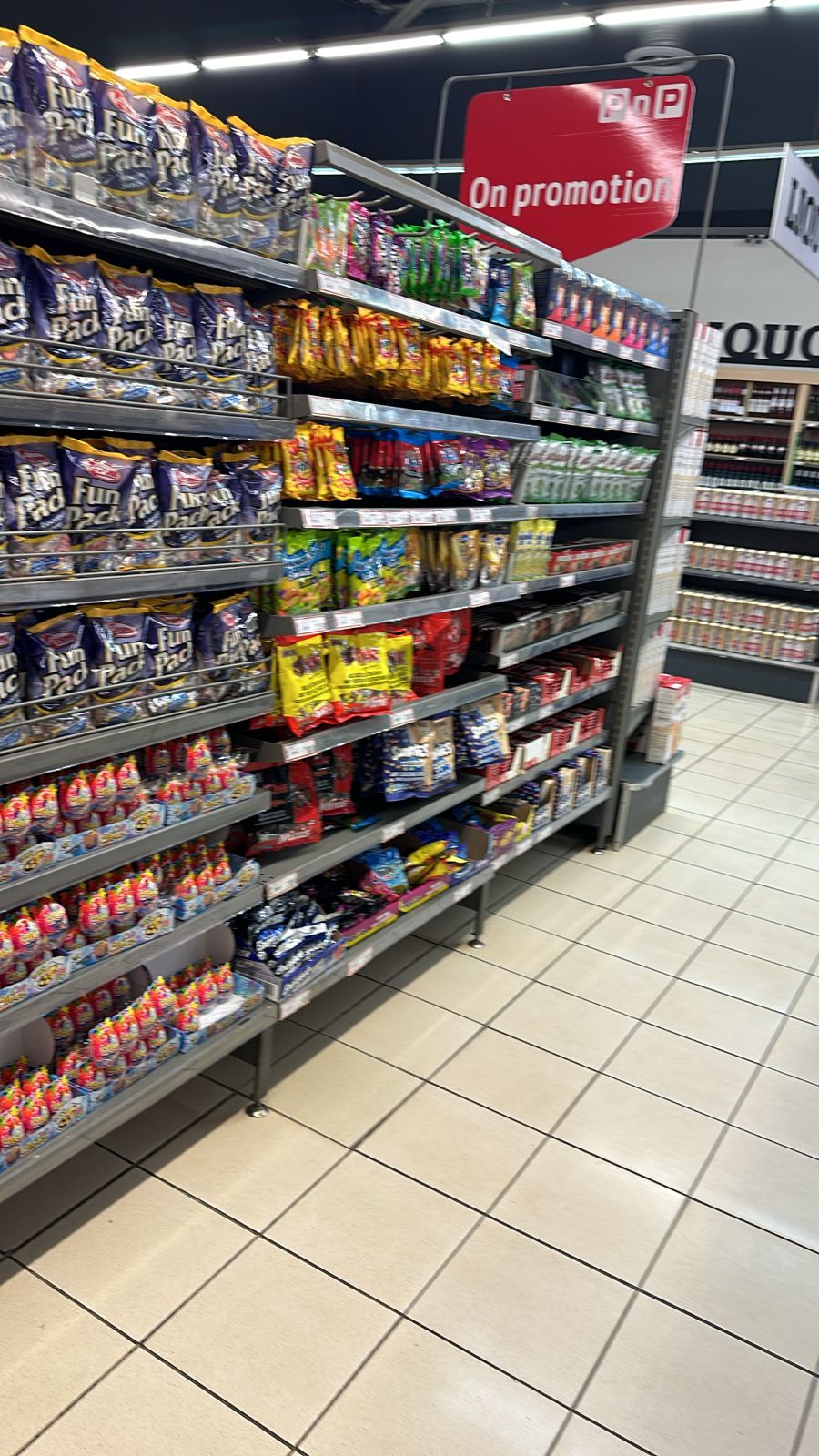GABORONE, Botswana – Batswana voted on Wednesday in a general election that is expected to provide the first genuine challenge to the ruling Botswana Democratic Party (BDP) in its five decades of dominance over southern Africa’s most stable nation.
Voters started gathering late on Tuesday at Tlogatloga secondary school in Botswana’s capital Gaborone, waiting all night to cast their ballot.
“I have spotted a candidate I think is the right person and I have to get him in,” 37-year-old banker Chops Maswikiti told AFP news agency. “He does not belong to the party I voted for in the last two terms but he represents strong sanity on our side.”
Polls closed at 17:00 GMT and results are expected to be released within two days.
President Mokgweetsi Masisi and the BPD have been presented with a surprising challenge after former President Ian Khama broke away and announced his support for the opposition coalition Umbrella for Democratic Change (UDC).
“I hope the people of Botswana … will rewrite the history of this country, will write a different script for the economy,” Duma Boko, UDC candidate, said after voting in Gaborone, the capital. “It is an epic moment.”
Masisi is standing on his record on tackling corruption, such as making a declaration of assets obligatory for public sector officials, and slashing bureaucracy for small businesses.
“We are going to … tackle the challenges that the country is facing … improving the value chain of our national products whether it’s in tourism or minerals,” Masisi said after voting in his home village of Moshupa. “This will help us achieve our goal of migrating towards a high-income country.”
About 931,000 of the country’s 2.2 million people are registered to vote in the parliamentary and local elections.
The BDP, the Khama-backed UDC and two smaller parties are vying for 57 seats in the parliament. The party with the most seats chooses the president. There is no runoff.

Khama stormed out of the BDP in May after accusing President Masisi – his deputy until last year – of autocracy.
Khama hand-picked Masisi as his successor when he stepped down last year following two terms in office in the diamond-rich country.
But Masisi moved away from some of Khama’s policies, including by loosening restrictions on elephant hunting to appeal to rural voters.
Should Khama fulfil his goal to unseat the BDP, it would be the first time diamond-rich Botswana has seen a change of government in 53 years.
Masisi said earlier this month that he would accept an election loss, while opposition leader Boko was noncommittal.
Whichever party wins will have to move swiftly to transform the economy, which since independence from Britain in 1966 has grown at 8 percent a year to become one of Africa’s most successful, but now risks coming unstuck because of over-reliance on a single commodity – diamonds.
The main concerns for the Batswana are unemployment at around 20 percent and stark inequalities despite equitable state spending on health and education. To tackle either, the winner will need to do more to diversify the economy.
Mbakisi Gopolang, 25, waiting to vote at a primary school in Gaborone, said he was disappointed by the BDP.
“The last ten years have been regressive, so I don’t want continuation of that. I am voting for a party that will drive economic growth, empower citizens and get rid of corruption and bring about transparency,” he said.
Diamond mining fell to a fifth of GDP in 2018, compared with half in the 1990s, but it still makes up three quarters of foreign exchange earnings, even as banking and tourism command a greater share of output. – AFP/Reuters
















